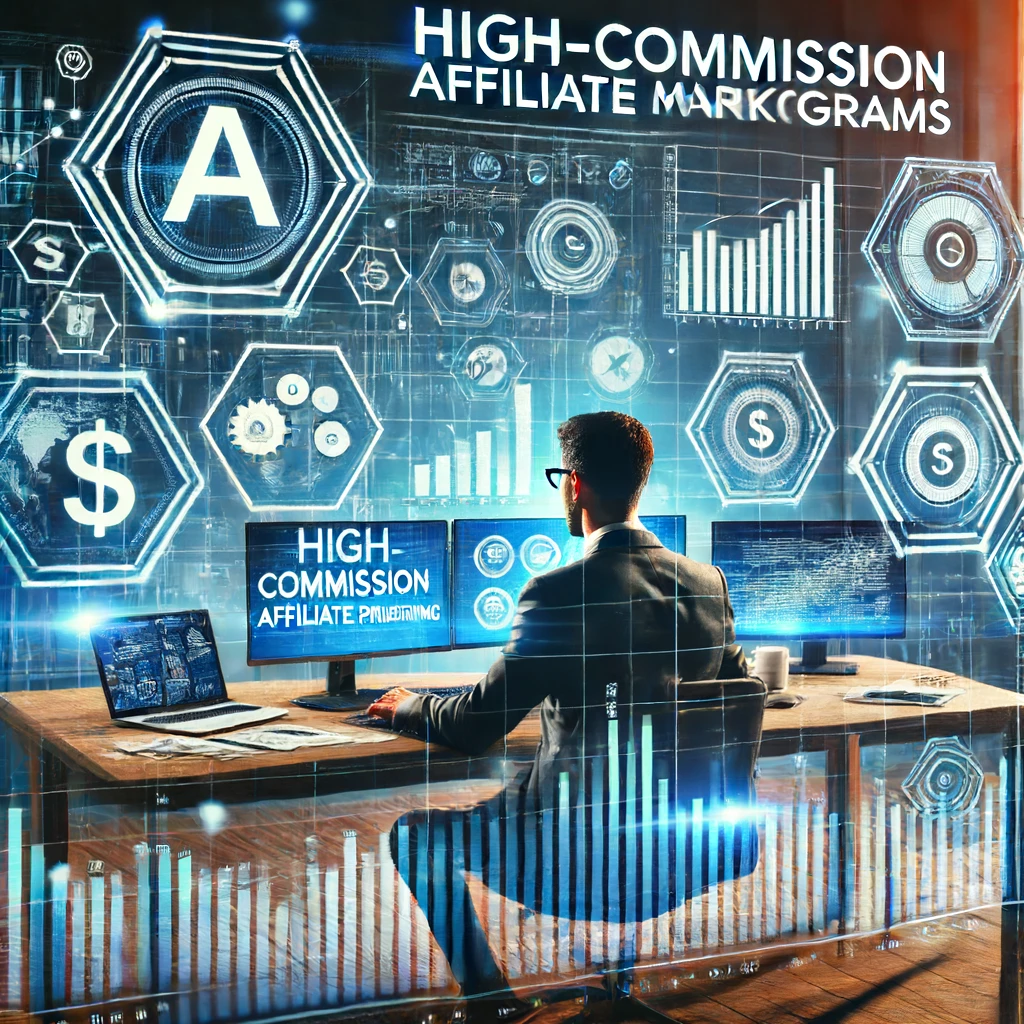As we delve deeper into 2024, artificial intelligence (AI) continues to redefine the landscape of affiliate marketing, introducing innovations that streamline operations, enhance personalization, and optimize marketing strategies. This transformation is not just about adopting new technologies; it’s about fundamentally altering how marketers approach audience engagement, content creation, and data analysis. This article explores the profound impact of AI on affiliate marketing and offers actionable insights for marketers looking to leverage these advancements. Its time to take a look at how AI is reshaping affiliate marketing.
The Integration of AI in Affiliate Marketing
AI’s role in affiliate marketing has become increasingly pivotal, touching every aspect from predictive analytics to content creation and strategic ad placements. With AI, affiliate marketers can now anticipate consumer needs, tailor content more precisely, and place ads where they are most likely to convert, thus maximizing the effectiveness of their campaigns.
- Predictive Analytics: By leveraging AI, marketers can analyze vast datasets to predict future consumer behaviors. This enables them to proactively adjust their strategies, ensuring that they are always a step ahead of consumer trends. Predictive models can forecast product popularity, buying behaviors, and even optimal times for product launches (HubSpot Blog).
- Automated Content Generation: AI technologies are capable of generating high-quality content, from product descriptions to detailed blog posts. These tools are designed to adhere to SEO best practices, thereby enhancing the visibility of content on search engines. By automating routine content creation tasks, marketers can allocate more time to creative and strategic endeavors (TUNE).
- Intelligent Ad Placement: AI algorithms excel in determining the most effective locations for ads based on user behavior and engagement metrics. This targeted ad placement ensures that marketing messages reach the right audience at the right time, significantly improving conversion rates and reducing wasted ad spend (HubSpot Blog).
Enhancing Personalization and Engagement
Personalization is the cornerstone of effective marketing in the digital age. AI elevates this by providing tailored experiences to individual users, dramatically enhancing engagement and loyalty.
- Dynamic Offer Optimization: Using AI, affiliate marketers can present personalized offers and content dynamically, based on real-time user interactions. This not only boosts the relevance of marketing efforts but also enhances the likelihood of conversions by catering directly to the specific needs and preferences of consumers (TUNE).
- Customer Journey Mapping: AI helps marketers map out and optimize the customer journey by identifying key touchpoints and potential friction areas. By understanding and enhancing the customer’s path to purchase, marketers can effectively guide them from awareness to conversion, ensuring a smooth and satisfying experience.
Strategic Opportunities and Affiliate Links
With AI revolutionizing affiliate marketing, there are numerous opportunities for marketers to enhance their strategies:
- AI-optimized Affiliate Links: Marketers can use AI to analyze the performance of affiliate links and optimize their placement and promotion. Tools like ThirstyAffiliates and Awin offer AI-powered insights to maximize the effectiveness of affiliate links, helping marketers track and improve their campaign performance.
- Niche Markets and Micro-Influencers: AI can help identify emerging niche markets and connect with micro-influencers who engage these specific audiences. Platforms like Impact and PartnerStack facilitate partnerships that leverage detailed insights provided by AI, enabling personalized and effective affiliate campaigns.
- Enhanced User Experience: AI-powered chatbots and interactive tools can dramatically enhance the user experience on affiliate websites. These technologies provide instant support and guidance, helping users make informed purchasing decisions while also gathering valuable insights into consumer preferences and questions.
Future Outlook and Challenges
While AI presents vast opportunities in affiliate marketing, it also brings challenges, including data privacy concerns and the need for large-scale data for effective AI training. Marketers must navigate these issues carefully, ensuring compliance with data protection regulations and ethical marketing practices.
Furthermore, as AI continues to evolve, staying updated with the latest technologies and trends will be crucial. Marketers should invest in continuous learning and development to leverage AI effectively and ethically in their affiliate marketing strategies.
Conclusion
The integration of AI in affiliate marketing is transforming the industry, making it more data-driven, efficient, and personalized than ever before. As we look towards the future, embracing AI will be key to gaining a competitive edge in the complex digital marketing landscape. By leveraging AI-powered tools and techniques, affiliate marketers can achieve greater success, delivering compelling, customized experiences that drive engagement and sales.


